It’s getting harder and harder to find new stuff to say about Pluto, honestly. And harder and harder not to binge it, for that matter. Stopping myself after one episode these first six weeks has not been easy, believe me. I watch it on a work night as a sort of enforced self-discipline, but that in itself only goes so far. I really think the manga is one of those generational classics, a miraculous intersection of two of the finest writers in the annals of science-fiction. And the anime has unconditionally done them both justice. 2023 is going to be one of the must brutal AotY decisions I’ve ever had to make.
My one persistent worry with Pluto the anime – once the premiere pretty much allayed all the quality-related ones – was pacing. Kawaguchi Toshio and his team had to make some cuts to fit Pluto into roughly eight hours, make no mistake. But it’s pretty much a non-factor. Every episode has flowed seamlessly, and I haven’t felt as if any of the volumes – or characters – has been shortchanged. It obviously helps when your source material is this impeccable, and the biggest reason why every episode of Pluto is great is because every volume is great. But as the scar tissue built up by any longtime animanga fan would tell you, it ain’t that simple.
Pluto as a whole is Urasawa Naoki’s creation, but the roots of it are in Tezuka Osamu’s creation. That applies to Gesicht too, but in many ways he strikes me as the most singularly Urasawa piece of the puzzle. This version of the character is on another level, the anchor of a story bursting with hugely impactful characters. He’s so complicated, yet in many ways very straightforward. He’s been done dirty by humans, no question about it. Ordered to violate his prime directive by them, then having his memory wiped to cover it up. Yet through it all he remains a deeply compassionate man, in many ways the Platonic (not Plutonic) idea of what an officer of the law should be. Gesicht was much better than humans deserved, quite frankly.
In point of fact, that’s a common thread running through many of the robot characters in Pluto. Atom, Mont Blanc, North No. 2, Epsilon – all were ill-treated by humans in various ways, yet all seem to have a great love of humanity in spite of it. That’s really striking to me – it’s not simply a matter of programming prohibiting them from killing humans. These robots wouldn’t harm humans if given the choice, because they seem to love humanity far more than it seemingly merits their love. I wonder if there isn’t something of a child’s views towards a parent in that.
Ultimately that applies to Pluto too of course, While all the lines connecting Abullah, Sahad (Toshihiko Seki) , and Pluto haven’t been fully drawn yet, it’s clear that Sahad is yet another advanced AI exploited and abused by humans. Abullah took what was a kind and compassionate creature and turned it into a tool for his own revenge. “Hatred never fades” – Abullah was certainly right about that (and he’d know). Gesicht’s empathy is such that when confronted with Pluto, he can’t hold the robot to account for the crimes he’s been forced against his will to commit. Gesicht’s demise certainly stands as a watershed moment in Pluto. He was indeed its anchor, the closest thing to a true protagonist in a consummate ensemble series.
Does Abullah’s revenge extend to Epsilon – who refused to fight in the war, and devotes himself to caring for war orphans? That much is not clear yet, despite their meeting. Gesicht simply represents a threat, edging ever close to the truth as his investigation (a rogue one) takes him from Persia to The Netherlands. He truly is a great detective, relying on hunches and intuition to guide him to the truth. Was it his kindness in buying that one flower that led to his demise in the end – that led “Muhammad Ali” to him? Gesicht was true to himself right to the end – an end that was easy to see coming, in the sense that Pluto artfully combines tragedy and mystery in a way few series can.
The great mystery now is how Tenma, Goji, and the “ultimate AI” fit together to fill out the puzzle. It’s obvious from the devastating final scene with Helena and Tenma that Atom is “still dead” – that Ochanomizu and Tenma either haven’t dared or don’t know how to awaken him with extreme emotions. But we also see that Tenma has requested Gesicht’s memory chip from Helena, and this strongly implies that he has a stake in – or a responsibility for – what’s been going on with Pluto. Tenma’s tears are a fascinating puzzle. Is he crying for Tobio, or for Atom? At one time he was clearly incapable of crying for either, but now he seems quite capable of crying for both. The implications he makes about himself in his words to Helena are deep and profound to say the least.


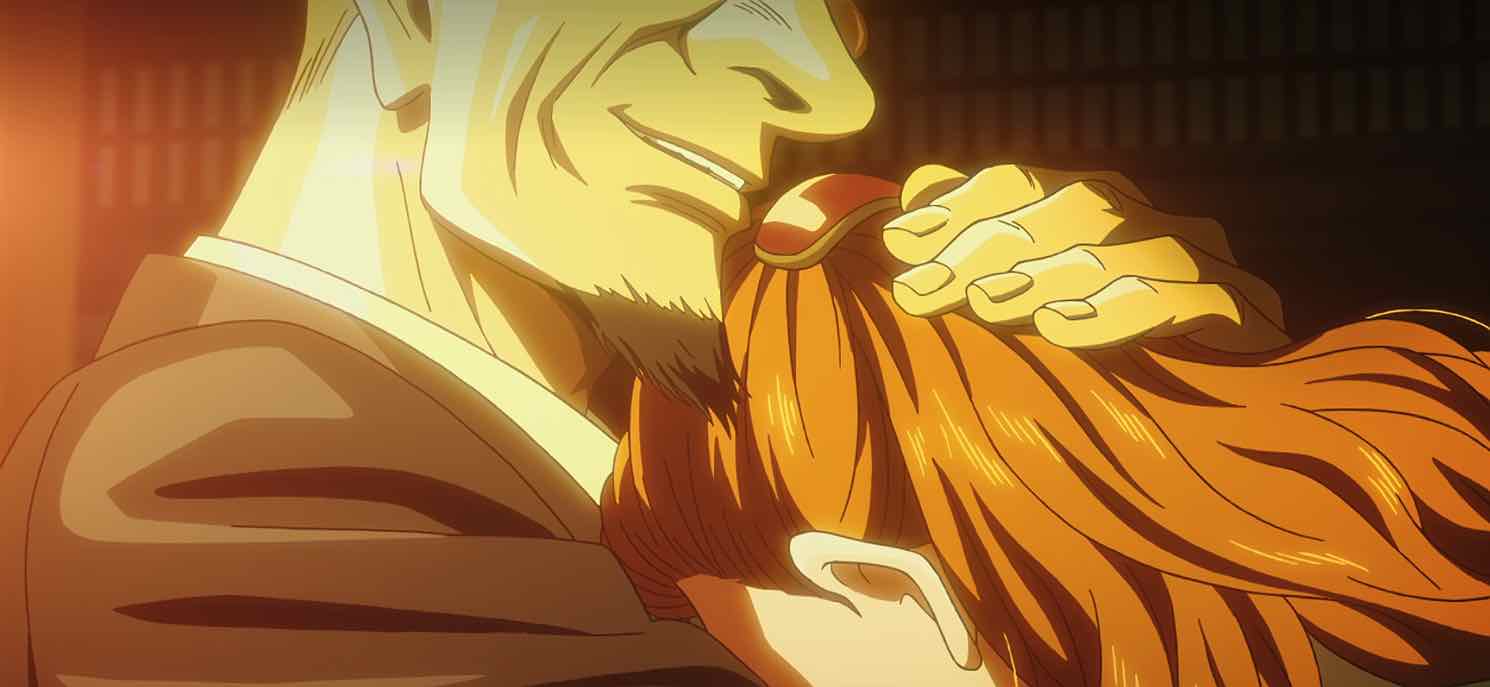
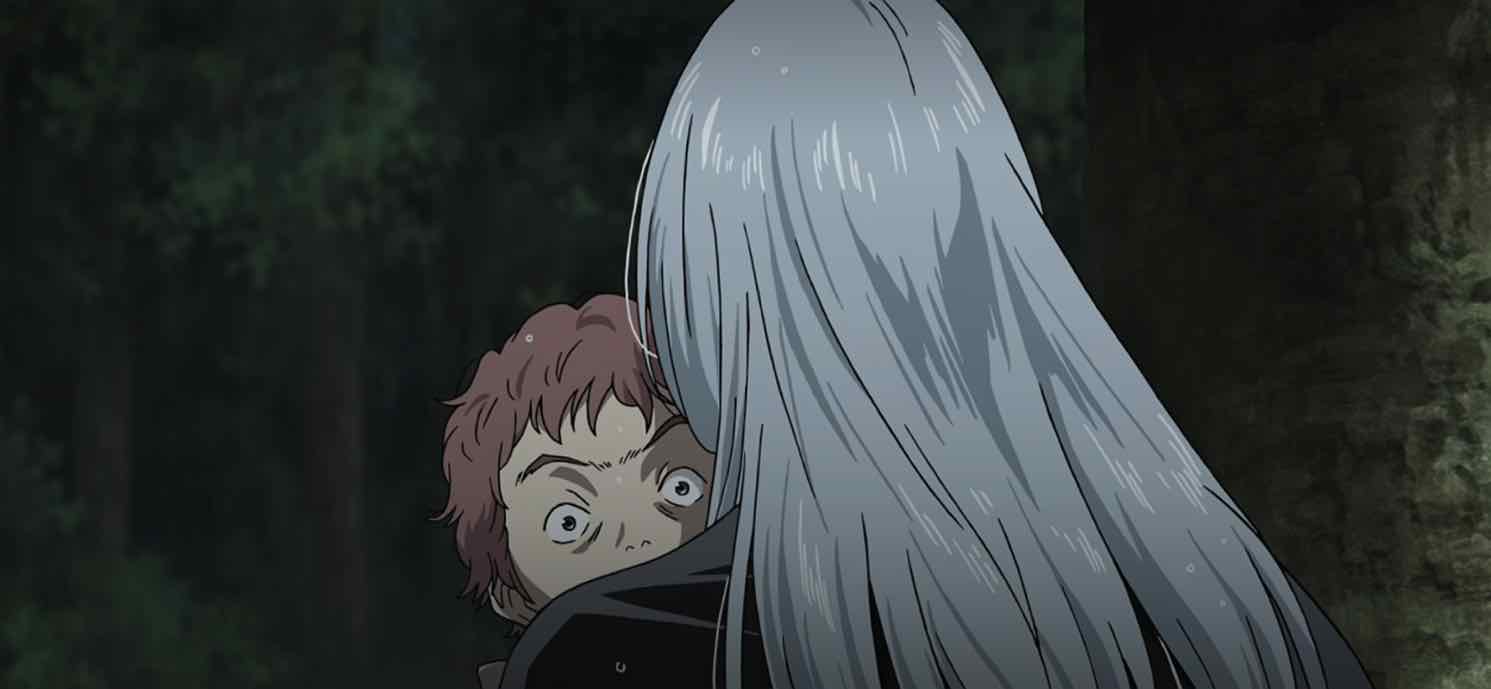
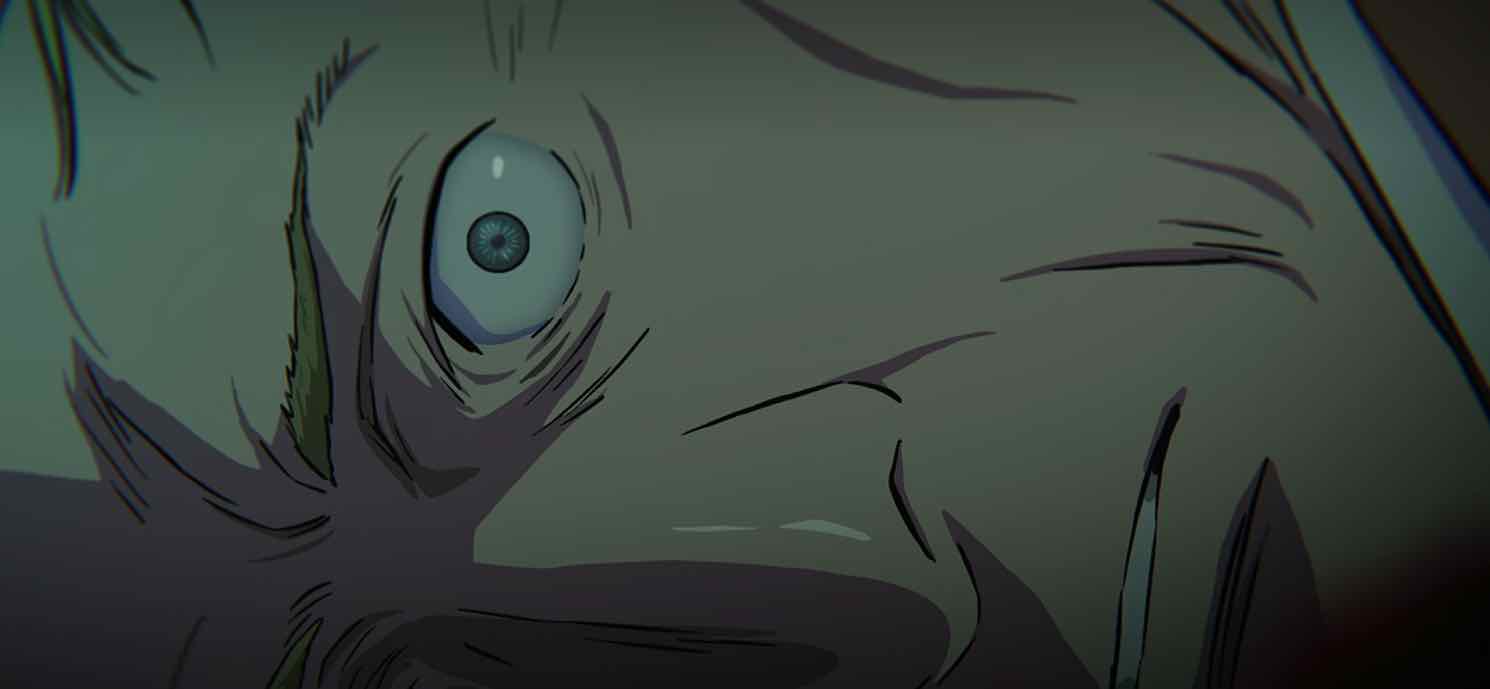
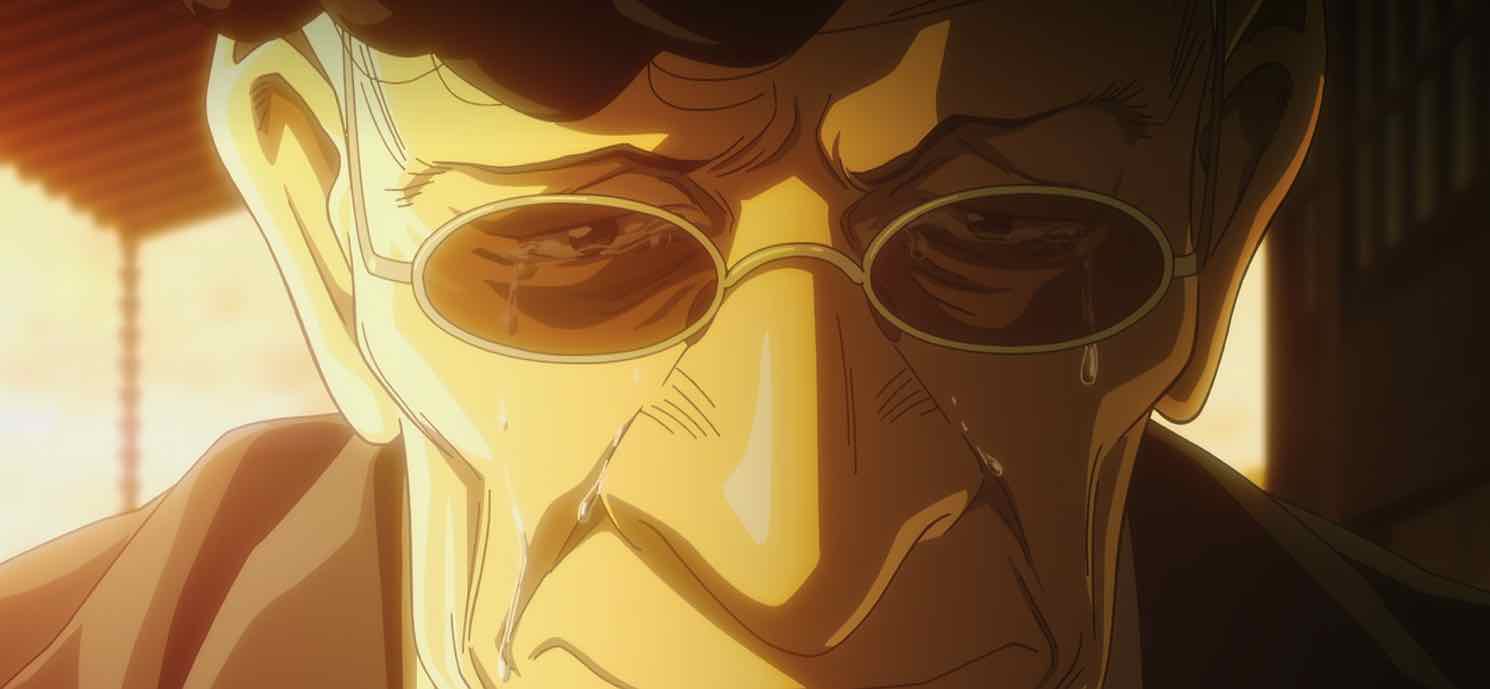
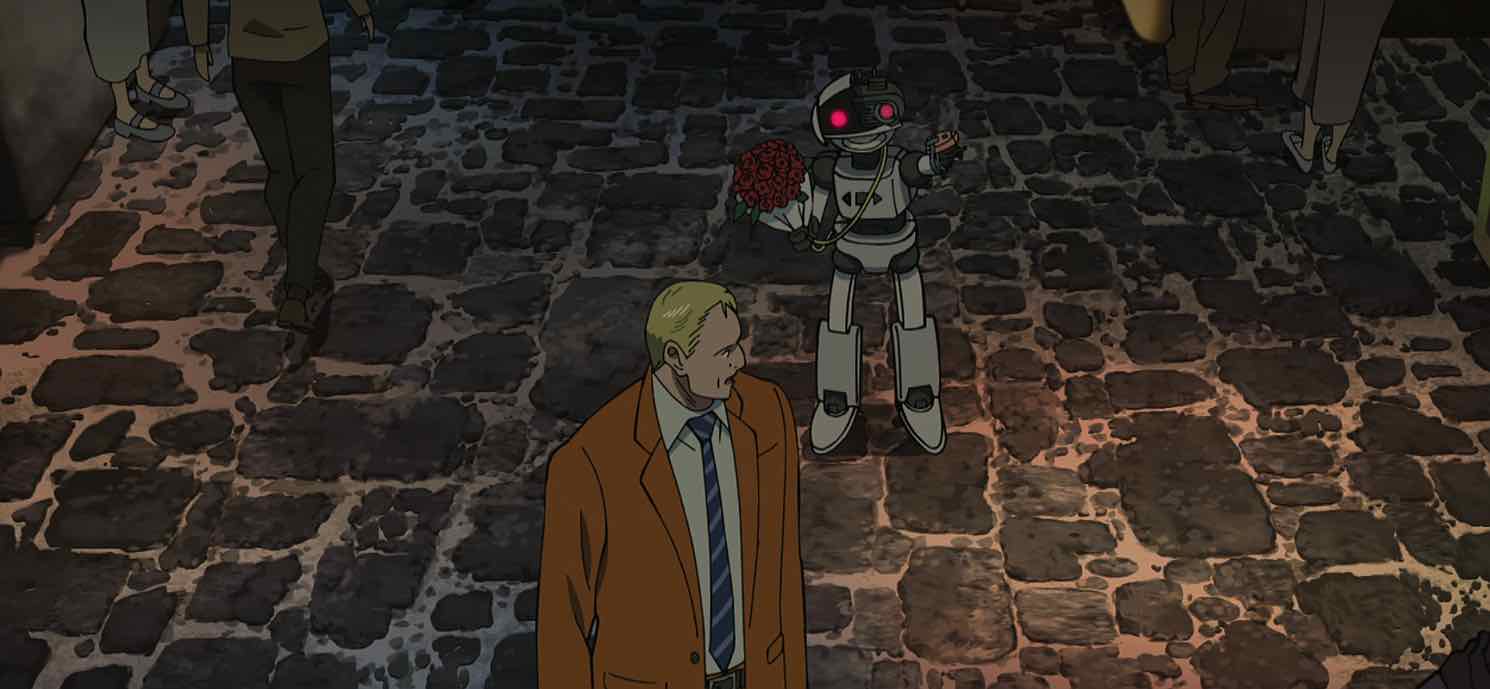

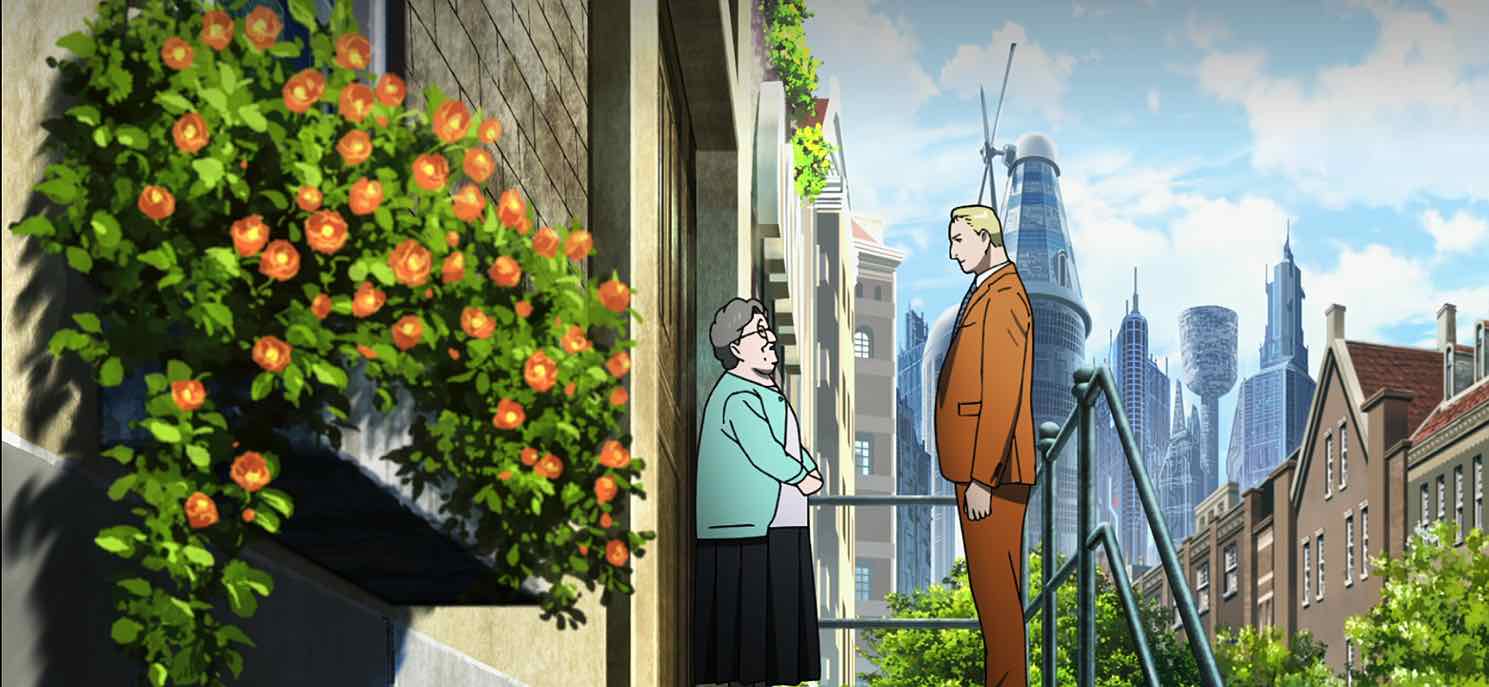


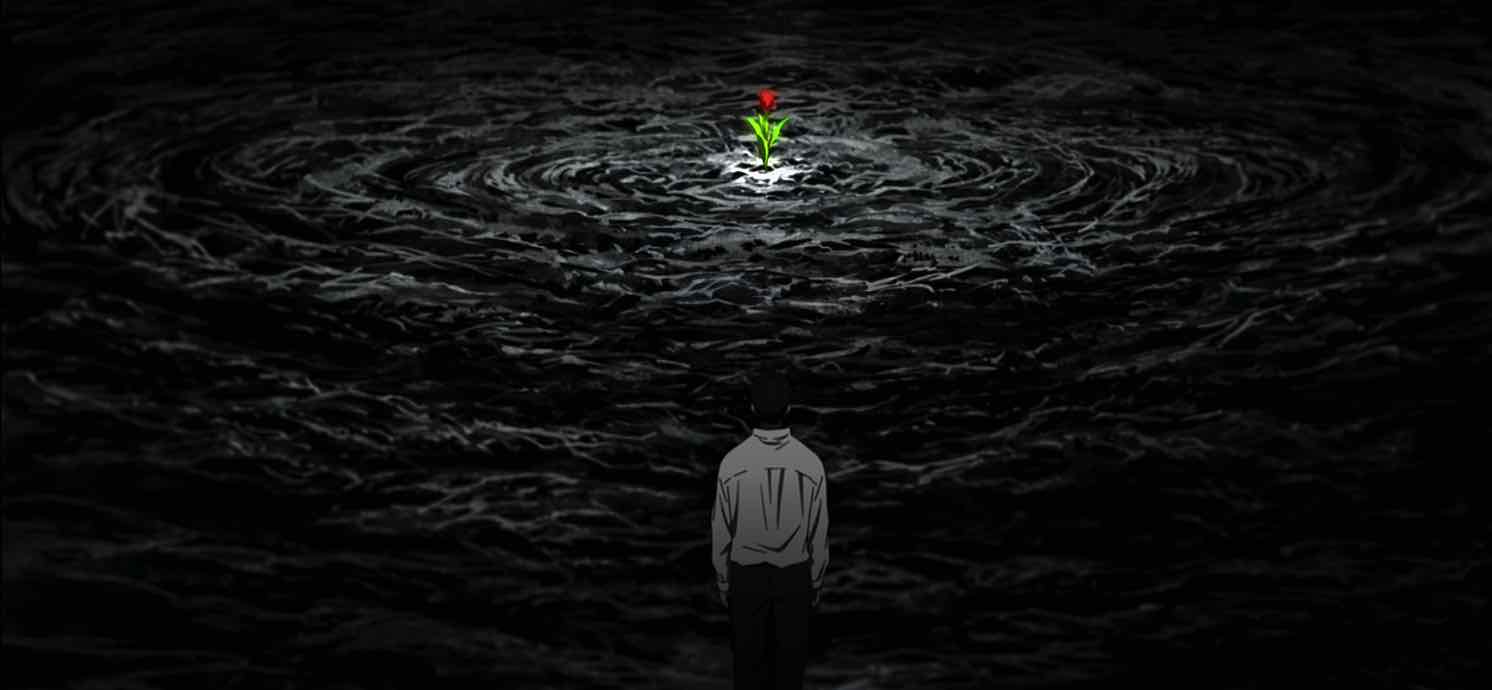
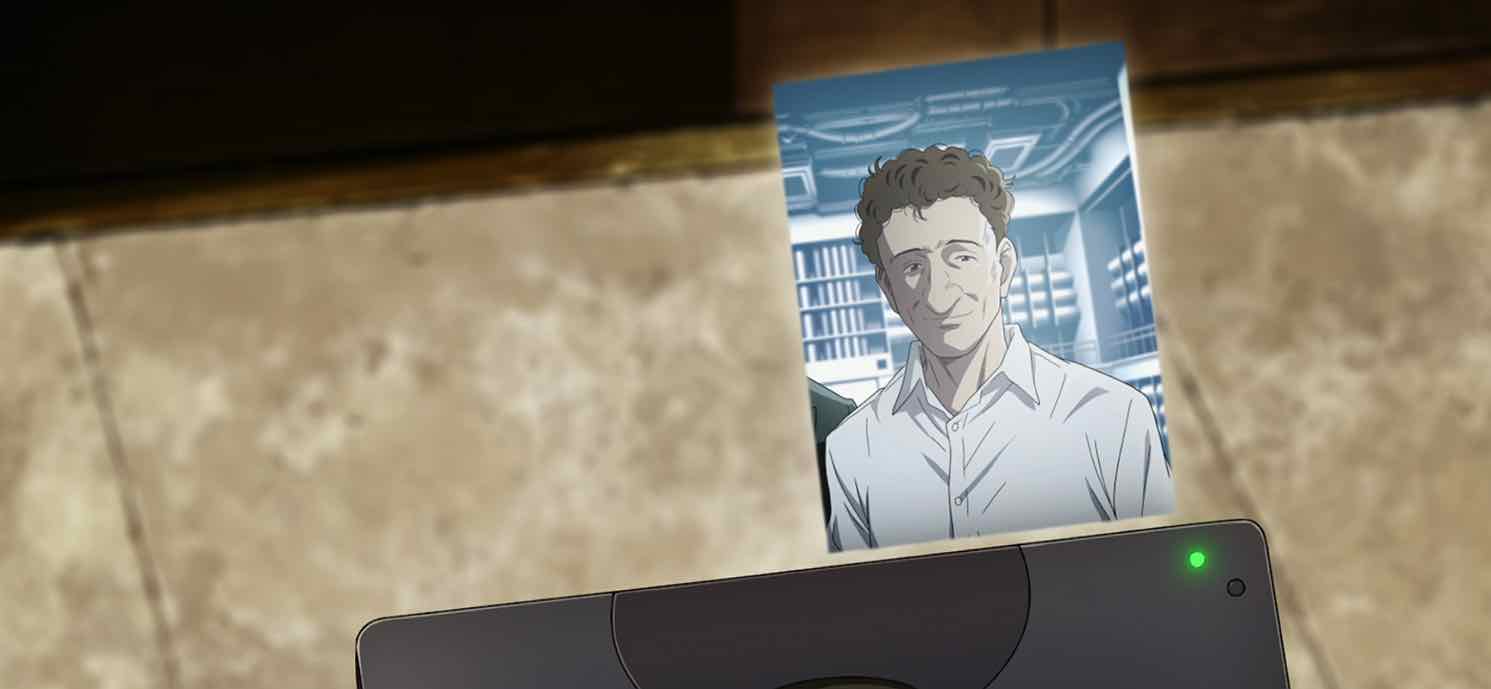
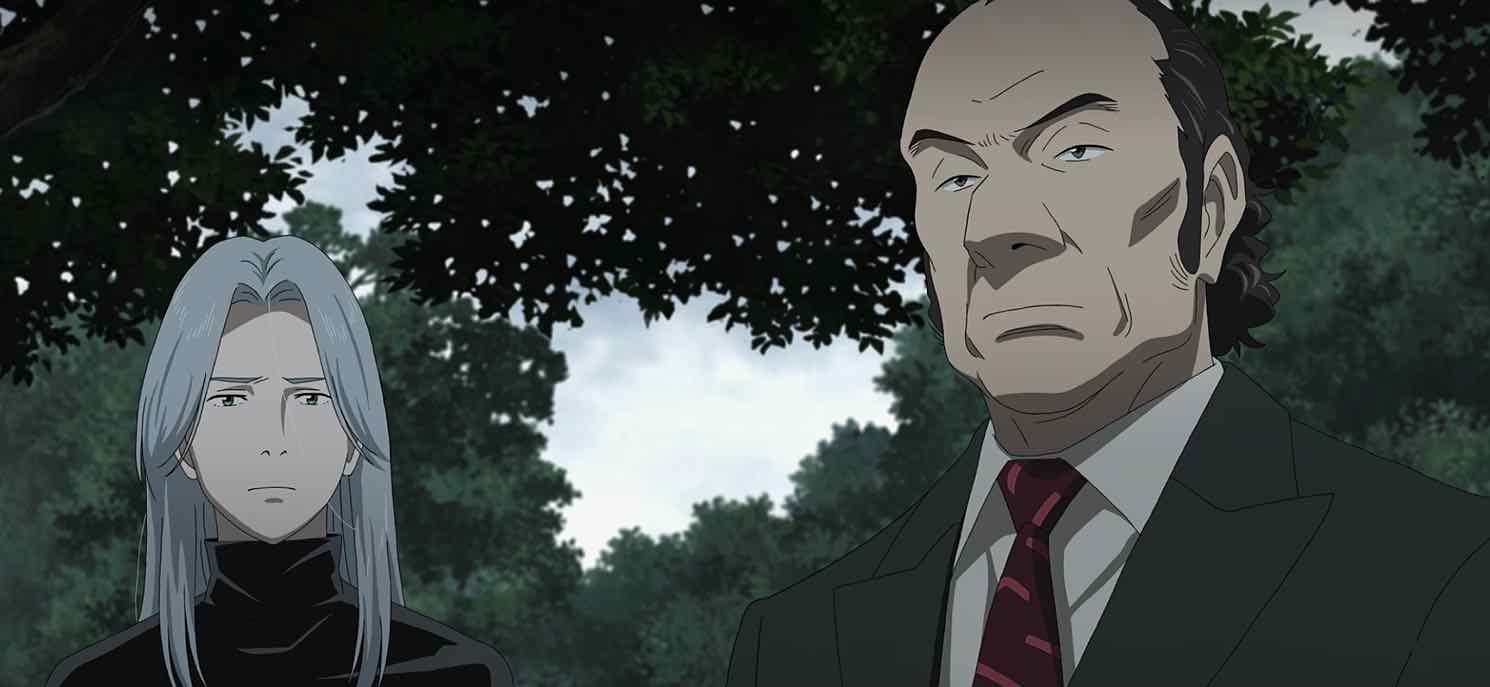
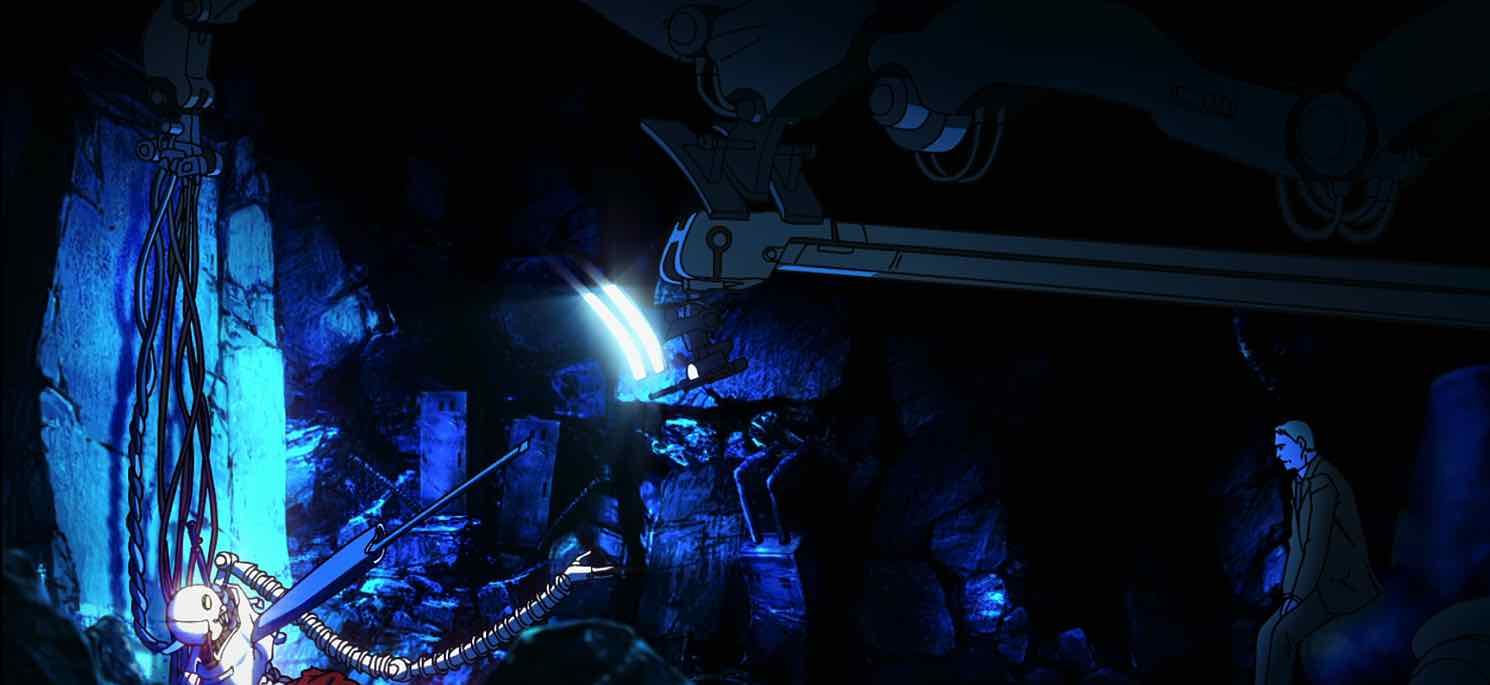
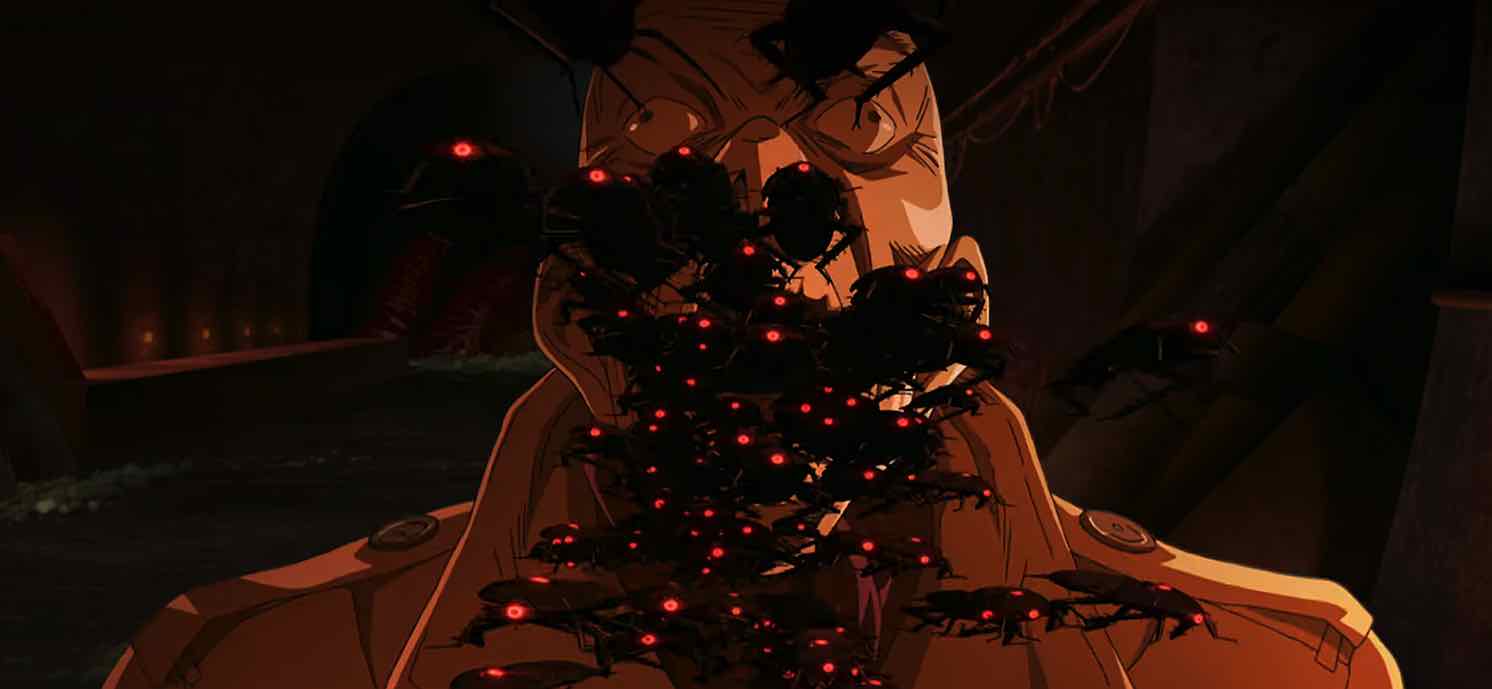
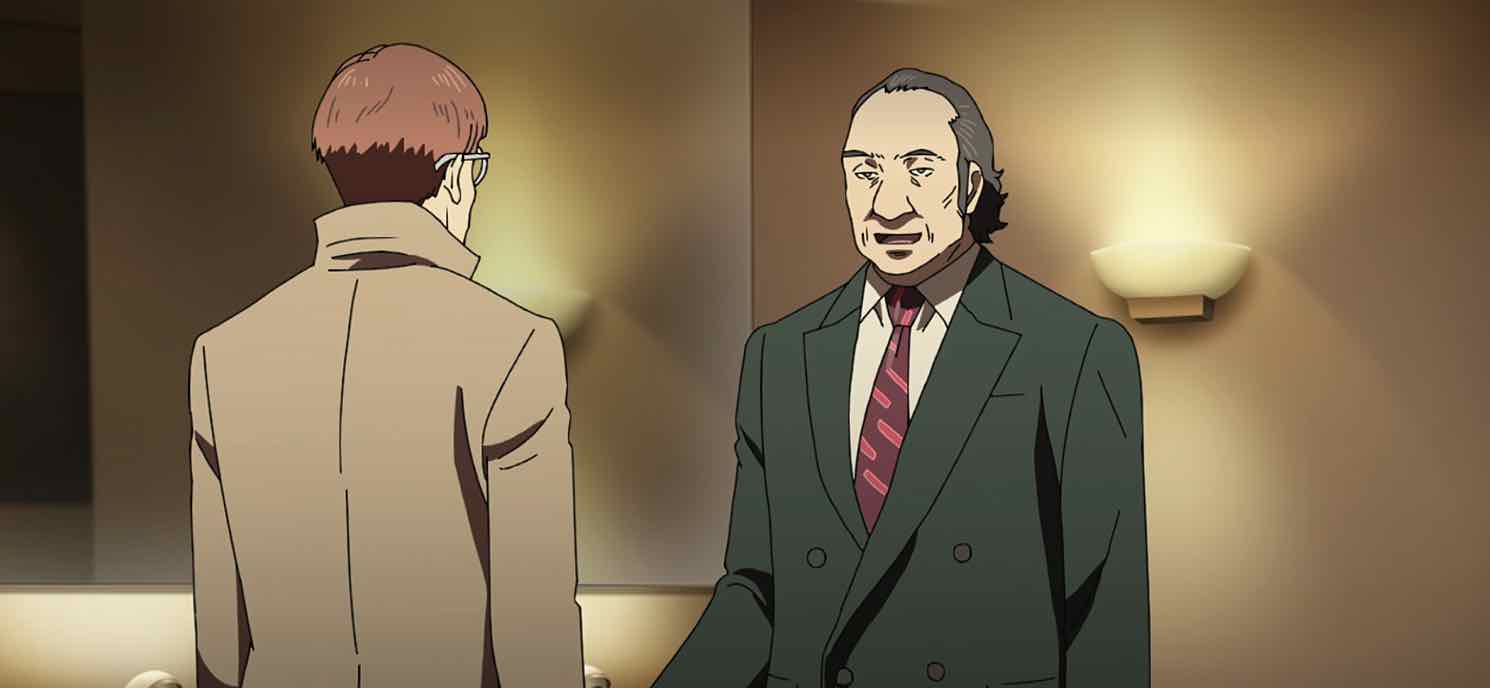
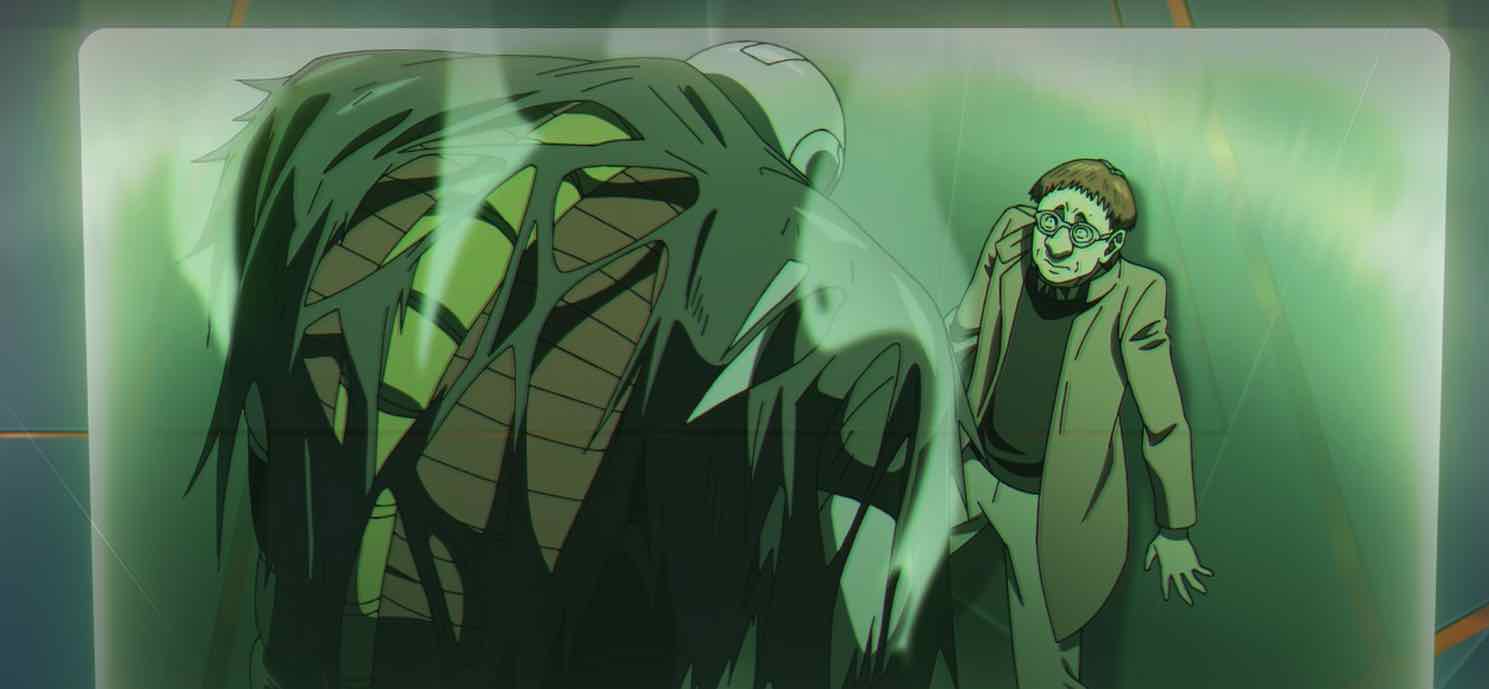

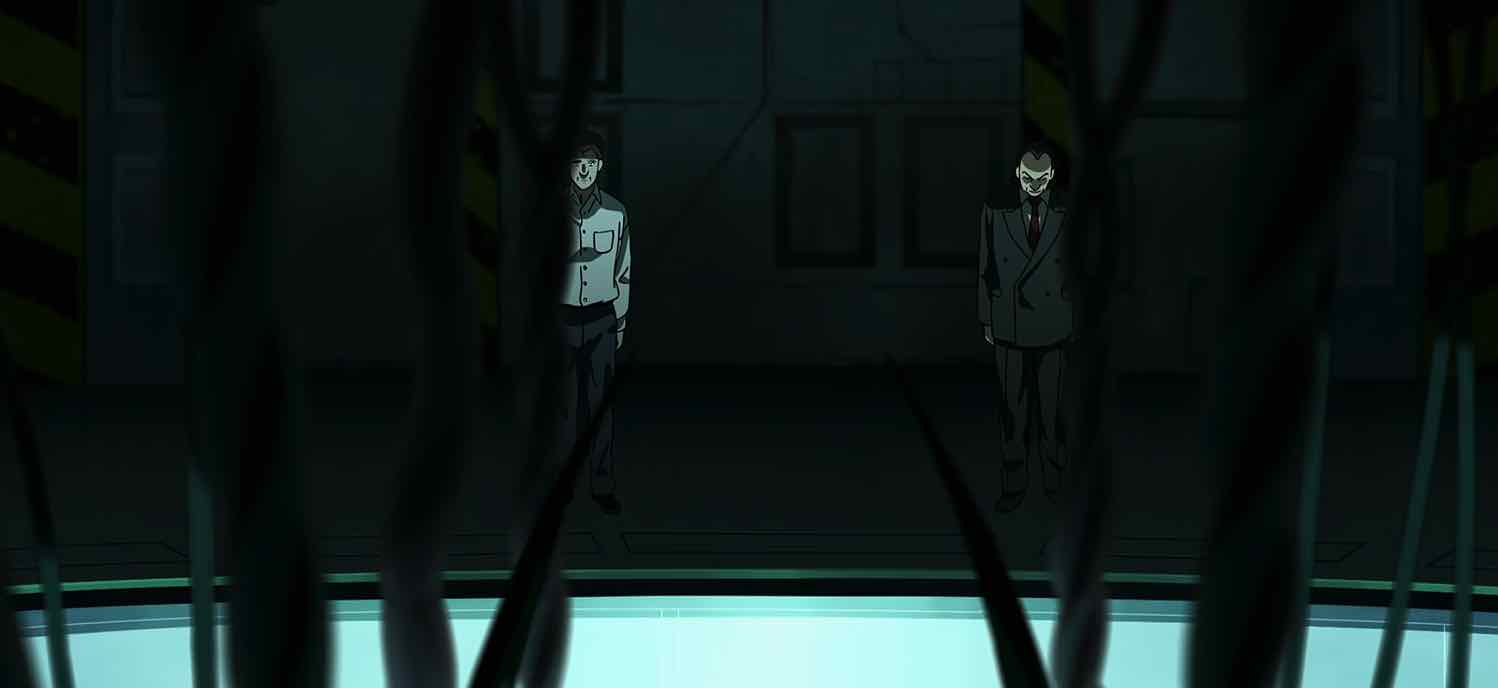
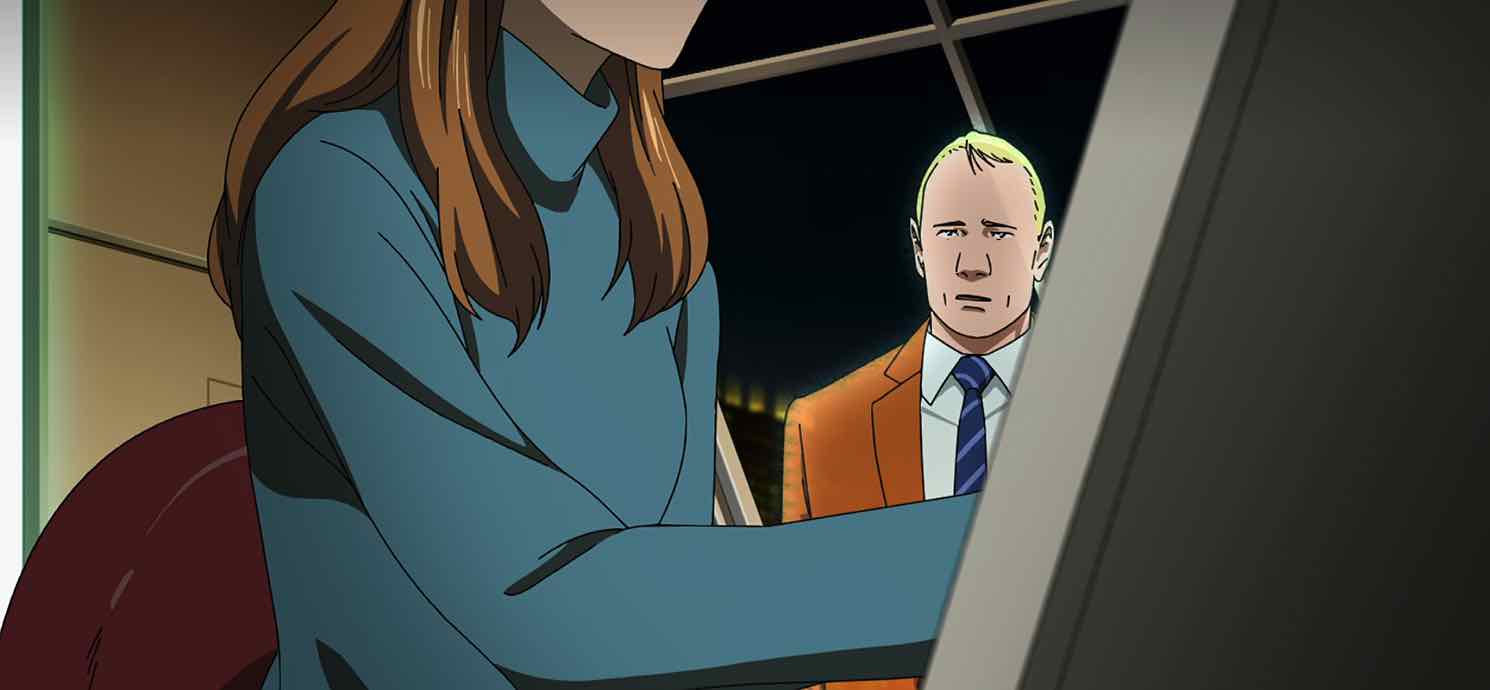

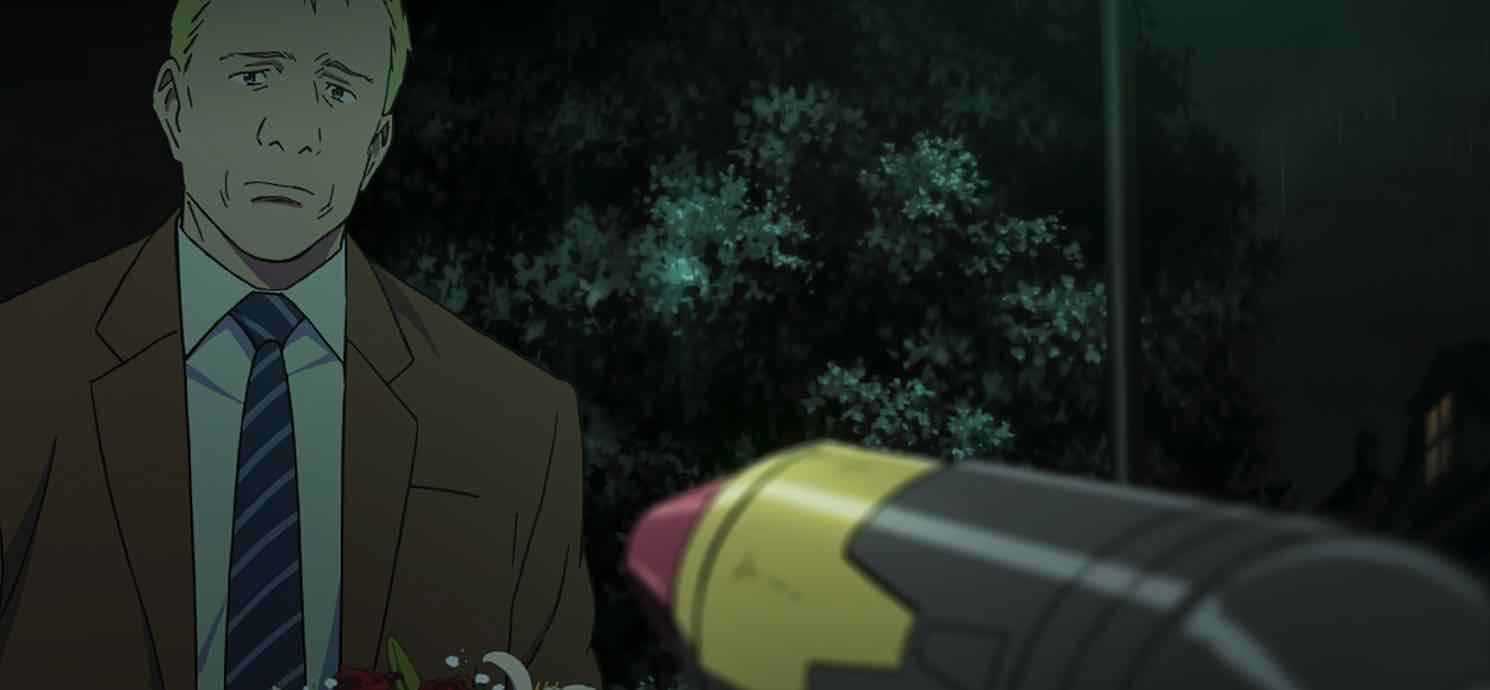
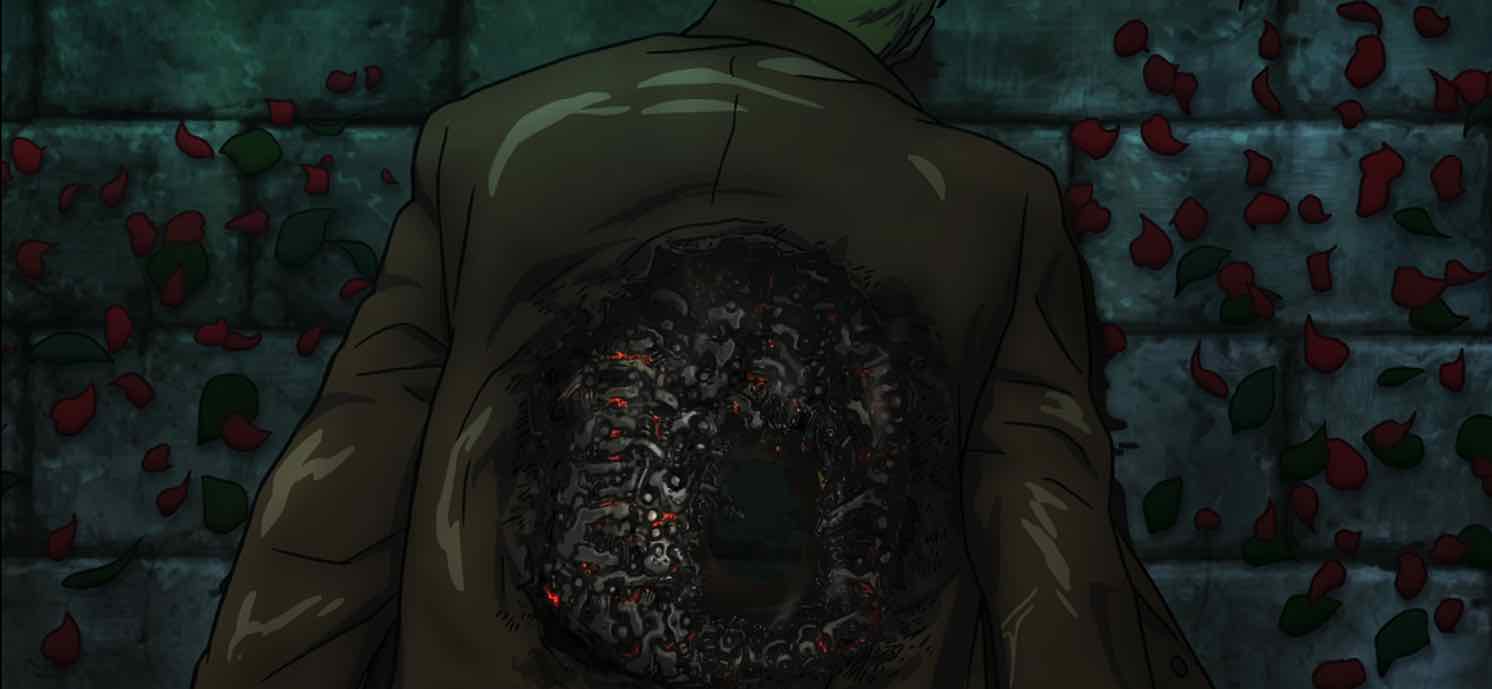


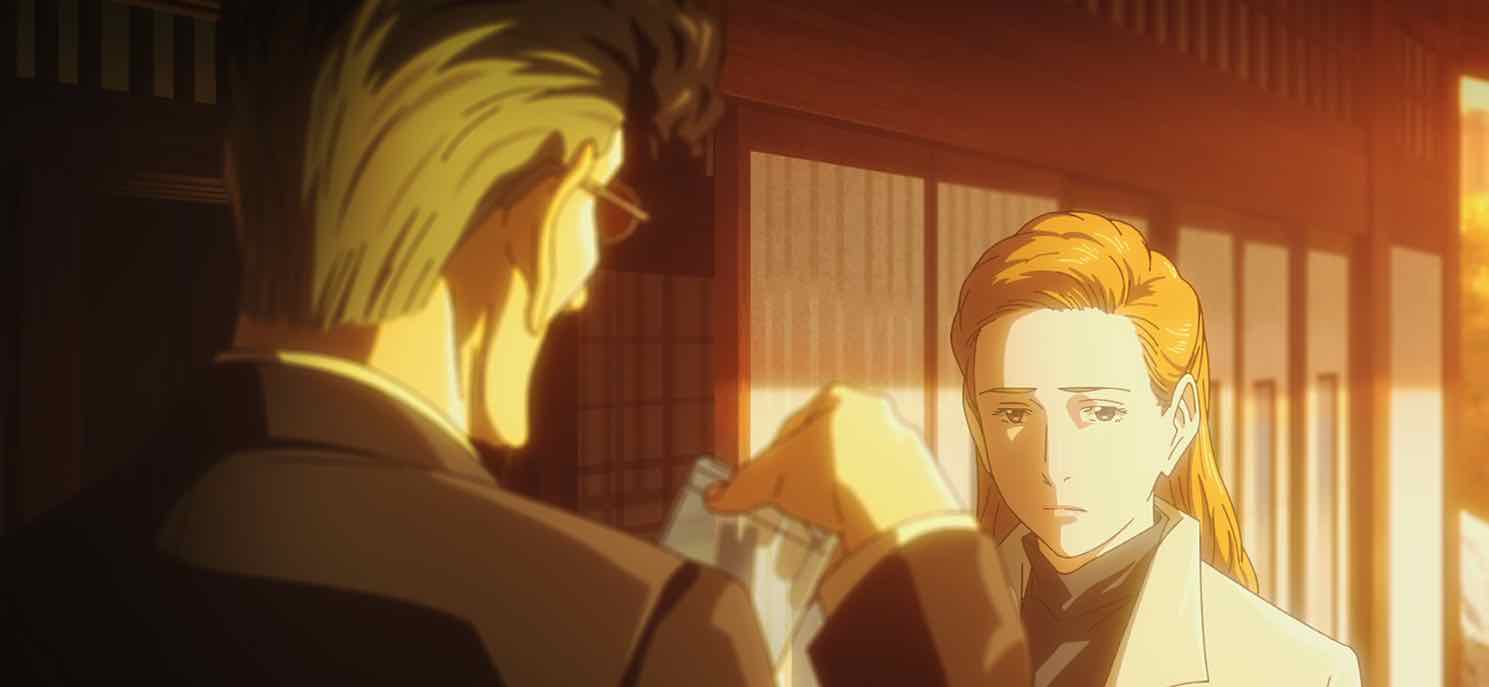
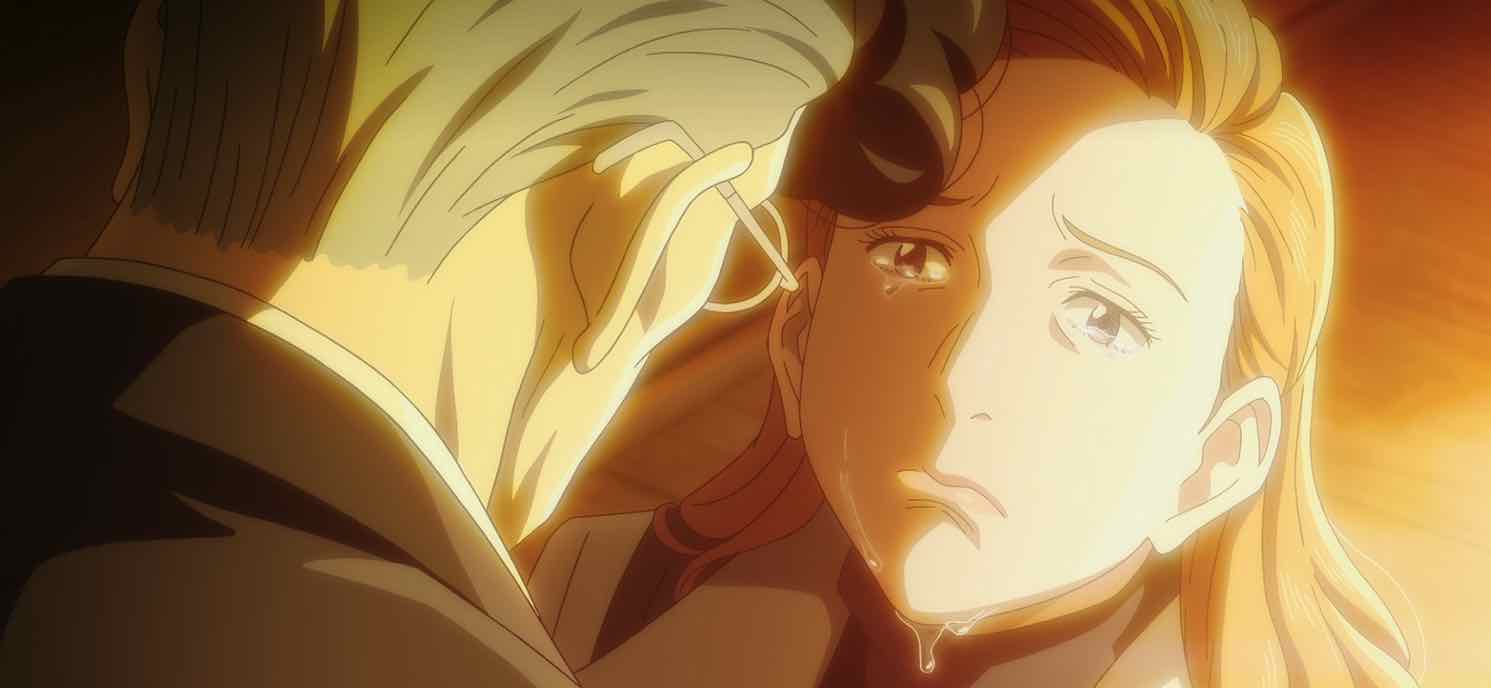
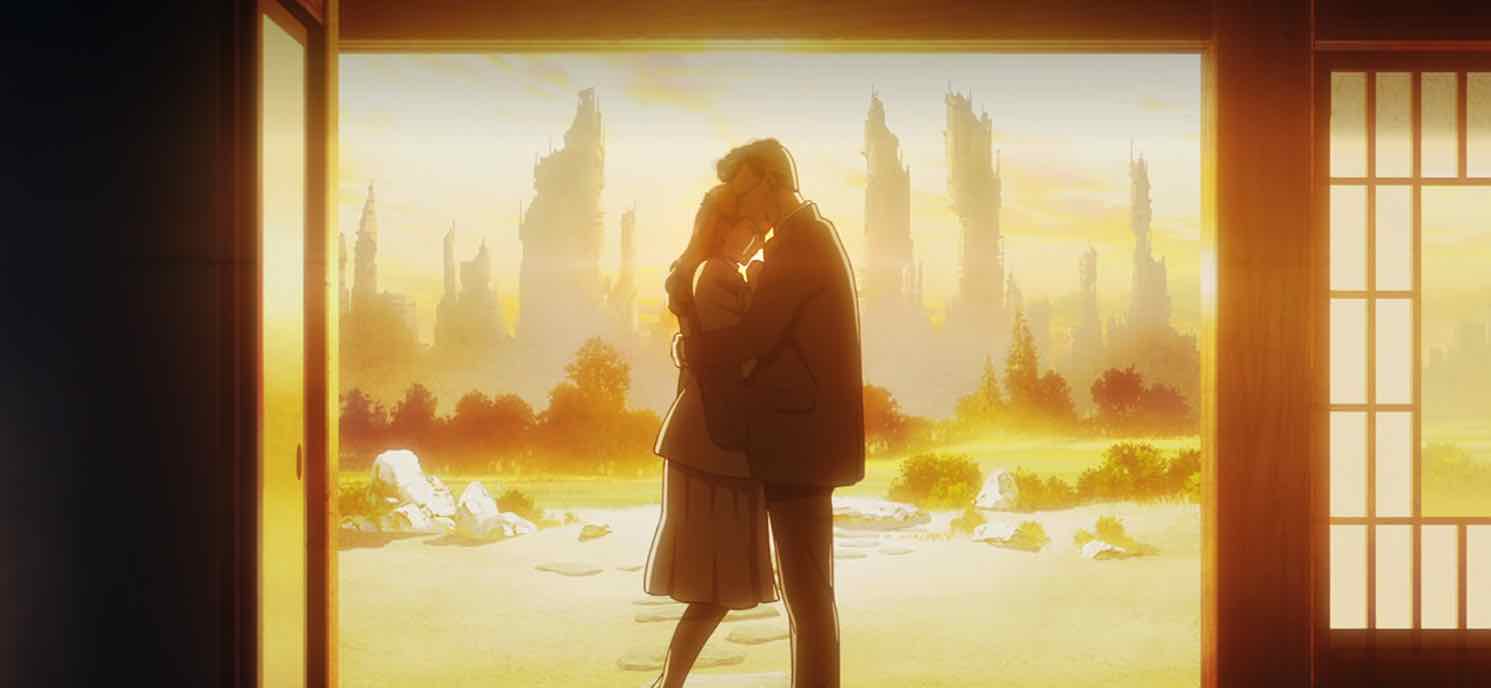
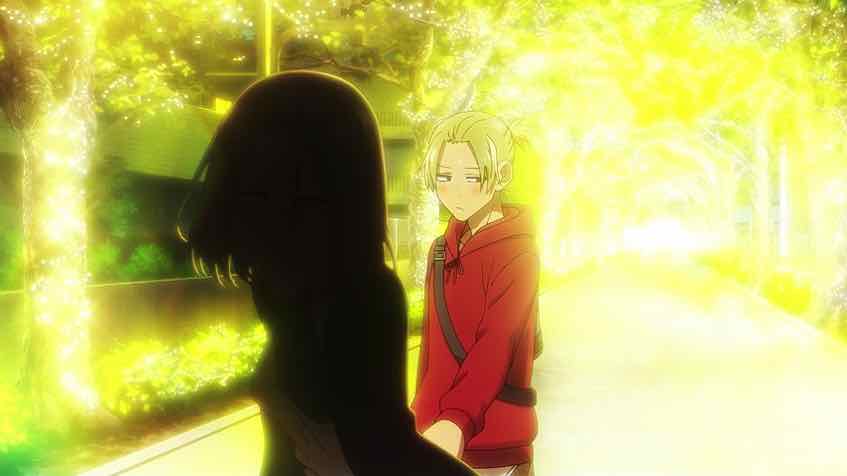
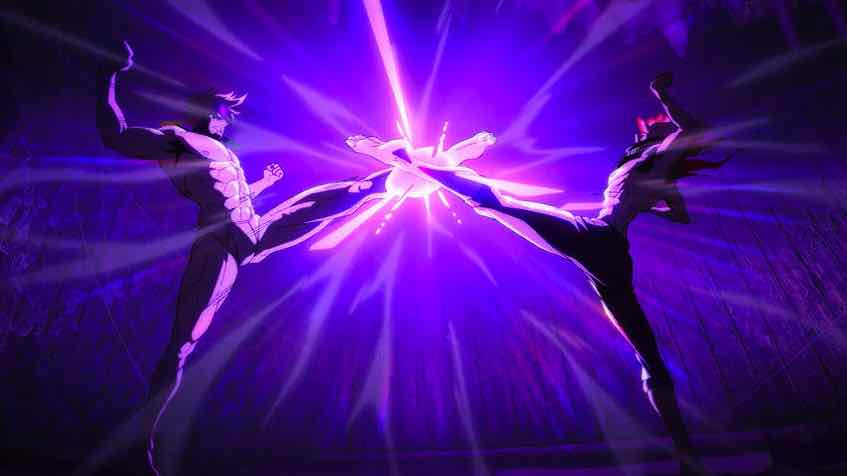
Collectr
November 23, 2023 at 11:15 pmFrom your comments to date, AOTY won’t be a difficult decision at all – the only real competition is Vinland Saga 2.
Both Urasawa Naoki and Tezuka Osamu show an incredibly broad range of modes and emotions in their work. Urasawa is thought of as a dark and serious mangaka, based on Monster, Pluto, etc, but he showed all the skills of a light entertainer in Yawara! Tezuka is remembered as a creator of children’s shows and broadly comic works, but he delved into the darker and philosophical sides of life repeatedly, often concealing them in the guise of entertainment. They’re better matched as collaborators than might first appear, tied together by a deep hatred of war. But Urasawa has said he will never try a project like Pluto again, so it remains a unique collaboration across generations.
Raikou
November 24, 2023 at 1:18 pmThe fact that Tenma cried showed that he wasn’t completely ‘broken’. He still has his heart even after Tobio’s incident, and Atom.
When I read the manga years ago, I was shocked that Gesicht is dead, because rarely a protagonist in a manga/anime killed in the middle of the story.
Guardian Enzo
November 24, 2023 at 5:53 pmThe implication being that he couldn’t really mourn Tobio because at the time he was too robotic himself.
leongsh
November 24, 2023 at 11:51 pmYou could say that Tenma was working through his grief. He couldn’t accept the death of Tobio that led him to creating Atom. That Atom turned out different in temperament than his late son, Tobio, and not a true representation of Tobio, except in looks, made him push Atom away. Based on the original storyline, Atom was castaway by being sold to a robot circus. Tenma disappearing from his public role and going into isolation was his depression stage. Here, in this stage of the storyline, the death of Atom has reminded him of Atom and made him confront and accept his grief.
Ronbb
November 25, 2023 at 6:01 pmI finished watching Pluto a while back, but I was waiting for your review on this episode before sharing my view on the series. The death of Gesicht and North No. 2 were the two sequences that I felt connected to the characters. Other than that, Pluto, a brilliant series, is too plot-driven for me. I like watching how things played out — and it’s a story that is nicely knitted together and brilliantly produced. However, there were areas that I only went along with. I don’t like Tenma as a character, and I will share my thoughts until your review on the last episode is out.
To me, Vinland is for sure AOTY, no doubt about it. I am attached to the characters, and I love the themes explored. Yes, Vinland has more episodes to build that connection with me, but I just love how it touches the heart and stimulates the mind. Of course, this is just my view.
Snowball
November 26, 2023 at 9:44 pmI don’t know if it was just me, but as I watched the crying scene somewhere in the back of my mind kept doubting Tenma’s tears as genuine. He’s not a character I could take at face value and he comes off as manipulative to me.
donhumberto
November 28, 2023 at 3:00 amAmazing episode indeed and clear AOY for me. Just one question that’s been bugging me that I hope anyone who has read the manga (or payed closer attention to the anime than I did, I dunno because it wasn’t clear for me): Who killed Geshicht, really? I mean, it’s obvious that it was Ali the flower kid/robot, but did he do it on his own will (if so, why would he want to kill Gesicht?) or was he being controlled by Abdullah (if so, is there any momment in the manga where this is made clear? I certainly can’t recall any scene implying that Abdullah had anything to do with Ali…), or was it maybe the anti-robot terrorists that manipulated Ali into killing Gesicht (that last one seems less plausible, but also possible…)… I dunno, what do you guys think?
Guardian Enzo
November 28, 2023 at 8:31 amI feel as if the answer to that has been made pretty clear, but if you’re not sure maybe it would be a spoiler to say anything more so I won’t.
donhumberto
November 28, 2023 at 9:00 pmok, thanks… I shall wait for the final episode post then 😉